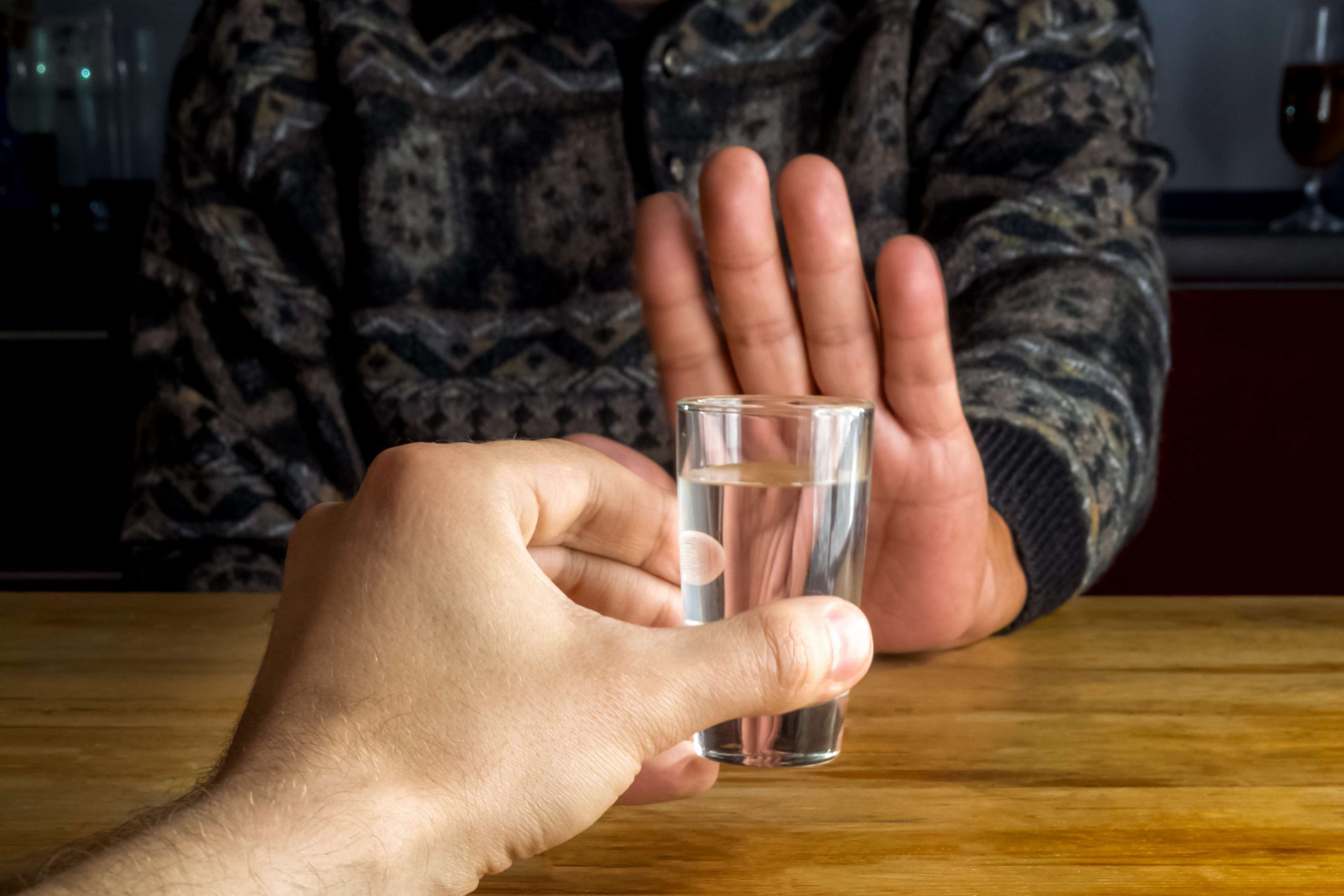Content
The recent study enrolled exclusively gay and transgender men, groups in which there is a higher prevalence of binge-drinking, so the findings might not be applicable to all binge drinkers. Nearly everyone involved in the study reported having some college education and a regular health care provider. Treatment for alcoholism at Makana Path Detox and Intensive Healing Center is tailored to meet the individual’s needs of each client. Our holistic approach to treatment looks beyond just the physical addiction to ensure a complete and successful recovery. Through medically supervised detox, clinically sophisticated therapies and an emphasis on spiritual health, we can help you heal your mind, body and spirit, and empower you to recreate the life you’ve always wanted.
- These medications are nonaddictive and are designed to help manage disease.
- Essentially, this medication works by getting rid of the high most people feel from alcohol.
- Your doctor may suggest a medicine to help treat your alcohol use disorder.
- This drug is known to reduce cravings and minimize alcohol withdrawal symptoms.
To optimize medication treatment outcomes, practitioners need to assess both the appropriate level of counseling (from minimal to more intensive) and the appropriate methods to enhance medication adherence for individual patients. The development of medications to address the spectrum of unhealthy alcohol use across the broad range of health care settings has the potential to maximize benefits for future patients. Primary care providers are well suited to address a wide variety of behavioral problems in their patients and routinely sober house manage chronic diseases with a combination of counseling and medication management. Similar clinical management strategies for unhealthy alcohol use and alcohol use disorders have been developed. However, despite convincing data supporting the value of evidence-based screening techniques, brief interventions, and medication approaches, primary care settings rarely use these tools (D’Amico et al. 2005). The implementation and widespread use of medications to treat alcohol problems faces a unique set of barriers in primary care.
Naltrexone
Early studies with the selective serotonin reuptake inhibitors (SSRIs) have been disappointing. Two fairly good studies used tricyclic antidepressants (ie, desipramine, imipramine), which showed some short-term benefit. SSRIs probably do not benefit patients who are not depressed but might benefit those who are depressed.

Future research should carefully examine the effectiveness of these and other approaches to improving the extent to which primary care physicians can be prompted to use effective medications when appropriate to treat their patients with alcohol problems. Many alcohol-dependent individuals also smoke cigarettes, and researchers have investigated the potential role of the nicotinic acetylcholine receptor (nAChR) system as a factor in both addictive behaviors (for a review, see Chatterjee and Bartlett 2010). Nicotinic compounds, including agonists, partial agonists, and antagonists, currently are under investigation for the treatment of alcoholism.
Surround yourself with the right people
The treatment seemed to especially help those in the study who had depressive symptoms, which are common in heavy drinkers of alcohol. Your health care provider can help you figure out if one of these medicines is right for you. They are not addictive, so you don’t have to worry about trading one addiction for another. This is just like taking medicines to manage a chronic disease such as asthma or diabetes. The severity of AUD ranges from mild to severe, and symptoms have the potential for recurrence and remission. No matter how severe the disorder is, individuals can benefit from treatment.
